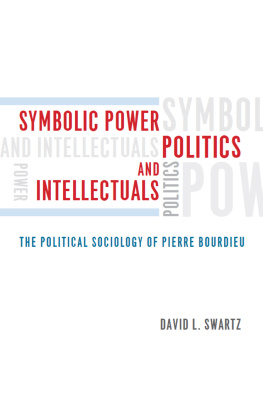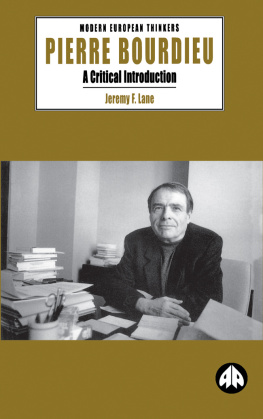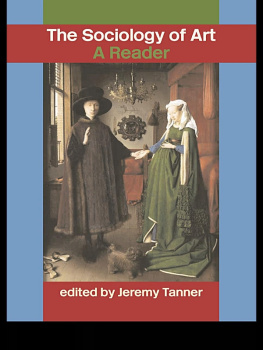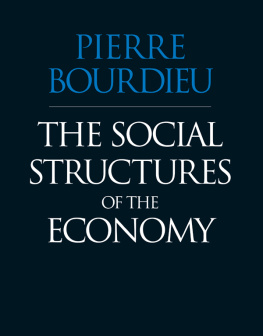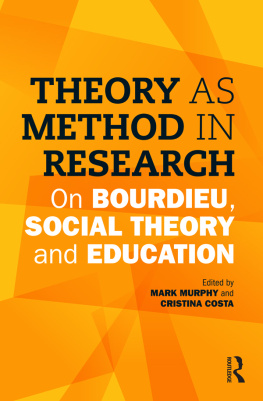The University of Chicago Press, Chicago 60637
The University of Chicago Press, Ltd., London
1997 by The University of Chicago
All rights reserved. Published 1997
Printed in the United State of America
17 16 15 14 13 12 11 6 7 8 9
ISBN-13: 978-0-226-16165-5 (e-book)
ISBN-13: 978-0-226-78595-0 (paper)
ISBN-10: 0-226-78595-5 (paper)
Library of Congress Cataloging-in-Publication Data
Swartz, David, 1945
Culture and power : the sociology of Pierre Bourdieu / David Swartz.
p. cm.
Includes bibliographical references.
ISBN 0-226-78594-7. ISBN 0-226-78595-5 (pbk.)
1. Bourdieu, Pierre. 2. SociologyFranceHistory. 3. SociologyMethodology. I. Title
HM22.F8B773 1997
301.0944dc21
97-7479
CIP

The paper used in this publication meets the minimum requirements of the American National Standard for Information SciencesPermanence of Paper for Printed Library Materials, ANSI Z39.48-1992.
CULTURE & POWER
THE SOCIOLOGY OF PIERRE BOURDIEU
DAVID SWARTZ
The University of Chicago Press
Chicago & London
CONTENTS
ACKNOWLEDGMENTS
This book grows out of a largely solitary undertaking: reading and reflecting on a rich and complex body of theoretically framed, empirically informed, and politically oriented sociology. Yet, it has benefited from several friends and colleagues whose help and support I wish to acknowledge.
In France, Jean Bazin first introduced me to the work of Pierre Bourdieu and provided valuable insights on the French intellectual world. Philippe Besnard, Mohamed Cherkaoui, Maud Espro, Monique de Saint Martin, and Michel Pialoux, each in their own way, helped and encouraged me on numerous occasions. I also want to thank Pierre Bourdieu whose rigorous attention to sociological method rescued me from the temptation of intellectual dilettantism during my student years at the Sorbonne. His sociology has inspired my subsequent teaching and research, and he kindly met with me to discuss aspects of his work. No doubt he would like to see some of my arguments stated differently, or not at all. I have tried to be an understanding reader of his work, but not a disciple. Hopefully this book will both clarify and invite further exploration of the rich complexity of Bourdieus sociological imagination.
In the United States, a very special thanks to Jerry Karabel who recruited me in Paris and has supported my work in countless ways through the bad times as well as the good. He introduced me to a wonderful group of sociologists who logged in countless lebaraks while researching stratification in American higher education and who formed a lively study group at what was then called the Huron Institute. Steve Brint, Paul DiMaggio, Kevin Dougherty, David Karen, Katherine McClelland, and Mike Useem have, at various times and in a variety of waysbeginning with the famous BouBou paperoffered helpful advice and support throughout this intellectual journey. Special thanks to Peter Kilby and Bob Wood, who extended a hand of solidarity in a difficult period. Vera Zolberg helped keep me au courant of the French intellectual world.
I also want to thank Doug Mitchell at the University of Chicago Press for his gracious support through the ups and downs of this book project. My thanks to Claudia Rex who edited the manuscript with precision and insight. I am grateful to the American Council of Learned Societies for a fellowship that made possible a research trip to France. Finally, and most importantly, I am deeply indebted to the sustaining support of my family throughout this endeavor, and dedicate this book to my wife, Lisa, and our two children, Elena and Daniel.
INTRODUCING PIERRE BOURDIEU
Culture provides the very grounds for human communication and interaction; it is also a source of domination. The arts, science, religion, indeed all symbolic systemsincluding language itselfnot only shape our understanding of reality and form the basis for human communication; they also help establish and maintain social hierarchies. Culture includes beliefs, traditions, values, and language; it also mediates practices by connecting individuals and groups to institutionalized hierarchies. Whether in the form of dispositions, objects, systems, or institutions, culture embodies power relations. Further, many cultural practices in the advanced societies constitute relatively autonomous arenas of struggle for distinction. Intellectualsthe specialized producers and transmitters of cultureplay key roles in shaping those arenas and their institutionalized hierarchies. So argues Pierre Bourdieu, todays leading French social scientist.
With his election in 1981 to the chair of sociology at the prestigious Collge de France, Pierre Bourdieu joined the distinguished ranks of the most revered postwar French social scientists, Raymond Aron and Claude Lvi-Strauss. A prolific writer and extraordinarily productive researcher, Bourdieu has published more than 30 books and 340 articles over the period 1958 to 1995. Many of these works are collaborative, as Bourdieu is also founder and director of his own research center, the Centre de Sociologie Europenne. Indeed, it is no exaggeration to say that Bourdieus efforts have culminated in the development of a veritable new school of French sociology on a scale comparable to that produced earlier this century by one of his principal sources of inspiration: Emile Durkheim.
Prompted in part by increased accessibility due to numerous recent English-language translations of his work, interest in Bourdieu is rapidly growing in Britain and the United States. By the late 1980s Bourdieu had already become one of the French social scientists most frequently cited in the United Statessurpassing Lvi-Strauss. But he is also recognized, particularly among anthropologists, for his work on colonial Algeria, which appears in The Algerians (1962a), Outline of a Theory of Practice (1977c), and The Logic of Practice (1990h). In addition, his contributions to the study of relations between culture and social class ( Distinction: A Social Critique of the Judgement of Taste [1984a]), the sociology of language ( Language and Symbolic Power [1991c]), and the sociology of culture ( The Field of Cultural Production [1993b]) are rapidly gaining recognition. Many of his works are becoming standard references in current growth sectors like the sociology of culture. His work spans a broad range of subjects from ethnography among peasants in Algeria, to sociological analysis of nineteenth-century artists and writers, education, language, consumer and cultural tastes, religion, and science in modern French society. Bourdieu is a major social theorist who also does empirical research.
At the same time, acquaintance with his work has been fragmentary in Anglo-Saxon countries. An early problem of lack of translations of key works has now been rectified. Some of his work stressing the social reproduction effects of French education (Bourdieu 1973a; Bourdieu and Passeron 1977) was translated before some of his earlier reflection on a theory of practices (Bourdieu 1972). His conceptual development was thus read out of sequence and he became narrowly classified as a social reproduction theorist rather than appreciated for the broad range of conceptual concerns animating his thinking. By 1994, however, all of Bourdieus major books had been translated into English.

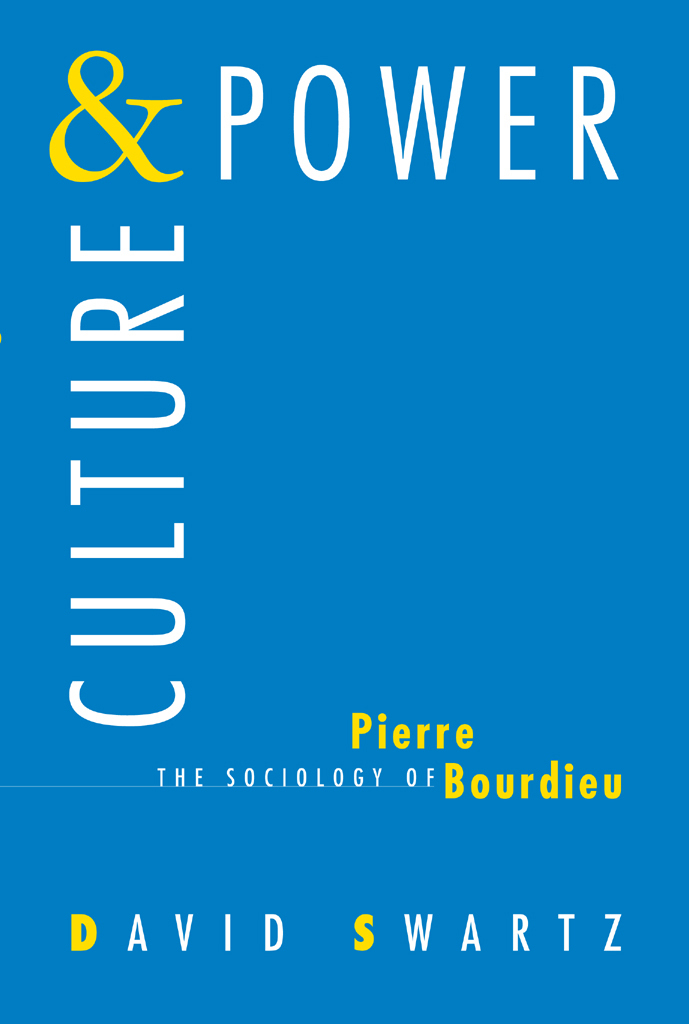
 The paper used in this publication meets the minimum requirements of the American National Standard for Information SciencesPermanence of Paper for Printed Library Materials, ANSI Z39.48-1992.
The paper used in this publication meets the minimum requirements of the American National Standard for Information SciencesPermanence of Paper for Printed Library Materials, ANSI Z39.48-1992.
